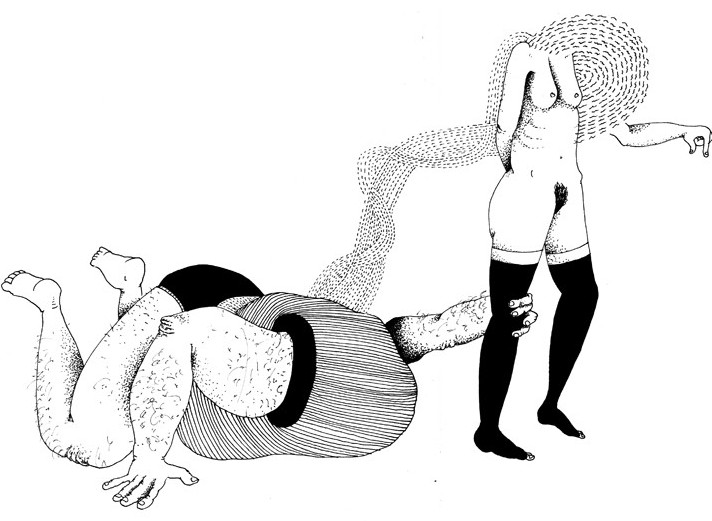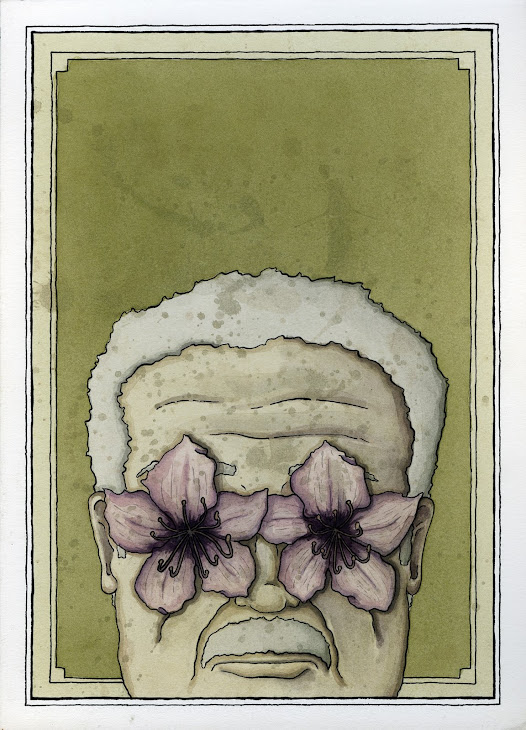The problem in the research comes in identifying the kind of music to play. Some researchers have focused on finding the ideal type of music for all patients -- "anxiolytic" music that is supposed to reduce anxiety and relax patients.
But different people have different music preferences. Music that Jim finds relaxing seems obnoxious and grating to me. Music that I find relaxing seems obnoxious and grating to Greta.
People nowadays are used to creating their own personal audio environment on their iPods. Wouldn't it make sense to let them choose their own music as a way of distracting them from medical pain?
A team led by Laura Mitchell recruited 80 people to bring their favorite song to the laboratory, where they would be paid to dip their hands in frigid water for as long as they could tolerate it. The musical selections they chose ranged from works by Johnny Cash, to The Verve, to Rancid.
The volunteers first dipped their hand in warm water to bring it to a consistent 32°C. Then they held it in a circulating cold water bath at 5°C -- close to freezing! This was repeated three times -- once while listing to their favorite song, once while staring at a blank wall, and once while looking at a work of art they selected from 15 chosen by the experimenters.
They were told to hold their hand in the water as long as they could stand it, or five minutes, whichever came first. Did listening to the music affect their ability to tolerate pain?
Here are the results:

As you can see, people held their hands in the water significantly longer while listening to the music and they also perceived significantly less pain. Viewing the artwork had no effect on these results -- the difference between pain ratings for art-viewing and no-distraction conditions was not significant.
But the artwork did have one interesting effect. The participants were also asked to rate how well they were able to distract themselves from the pain. Now the effect of viewing art was significant:

While listening to music was best, participants who viewed the artwork rated their ability to distract themselves from the pain as significantly higher compared to when there was no distraction (again, on a scale of 0-100).
The researchers also point out that there are some limitations to their study. If you undergo a surgery procedure or are experiencing chronic pain, there's no way to escape it. If you're a real patient, you can never just remove your hand from the frigid water to remove the pain, and in these circumstances music may have a different effect.
But in any case, it seems clear that allowing patients to choose their own music while experiencing pain does indeed go a long way toward mitigating that pain. For it certainly makes intuitive sense that putting patients in a pleasant environment where they have some degree of control would be a good start to helping reduce their experience of pain.Source: Music, Art & the Perception of Pain
.jpg)
.jpg)
.jpg)



.jpg)
No comments:
Post a Comment